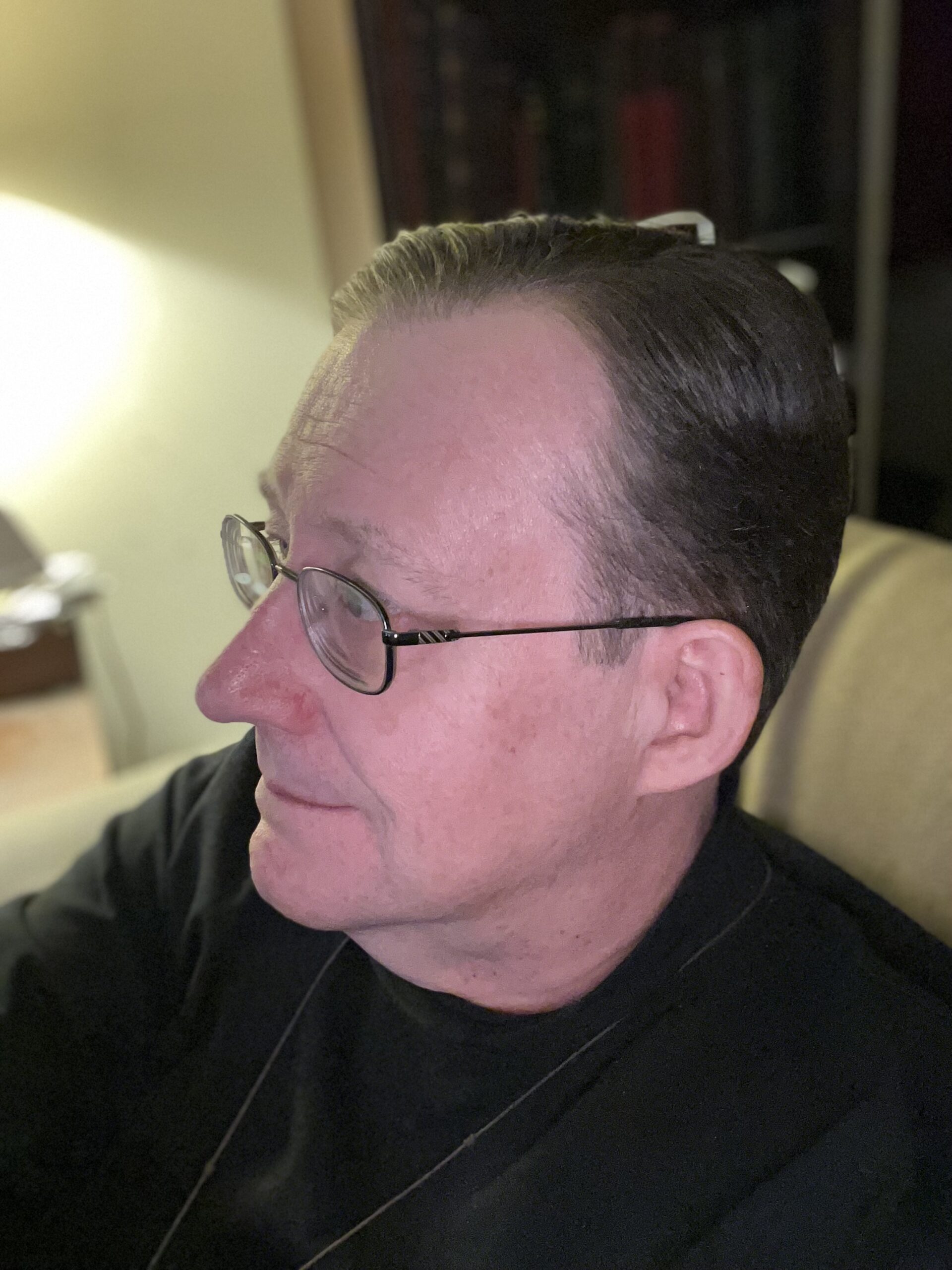A slave is one who waits for someone to come and free him. —Ezra Pound
Today, the Episcopal Church commemorates William Wilberforce (1759-1833), an English politician dedicated to abolishing slavery. Introducing a motion in Parliament to abolish slavery in 1788 with an impassioned three-hour oration (it was nevertheless defeated), Wilberforce re-introduced the same motion every year until finally, only four days before his death, the motion was adopted in July of 1833. A year later, over 800,000 slaves throughout the British Empire were set free.
The United States, as we all know, waited another 30 years before President Lincoln signed the Emancipation Proclamation in the midst of a bloody civil war fought, among other reasons, over the issue of slavery.
Legalized chattel slavery is a thing of the past, thank God, although its horrible legacy still echoes through history to the present day. Yet, slavery as a state of mind continues very much in evidence, both for those who would enslave and those who would be enslaved. These two are often the same person, for we are capable all too often of enslaving ourselves to unquestioning acceptance of what is instead of freeing ourselves to imagine what might be.
Consider Ezra Pound’s quote above. My greatest weakness is a predilection for passivity in the face of challenges, for withdrawal in the face of disappointment. I avoid failure by enslaving myself to it—by accepting the results of failure without even attempting success. I wait for others to set me free, and yet there are no others capable of doing so. There is no Wilberforce that can break chains I myself have forged. I must be my own Wilberforce and set myself free, even if it takes a lifetime to achieve it.


